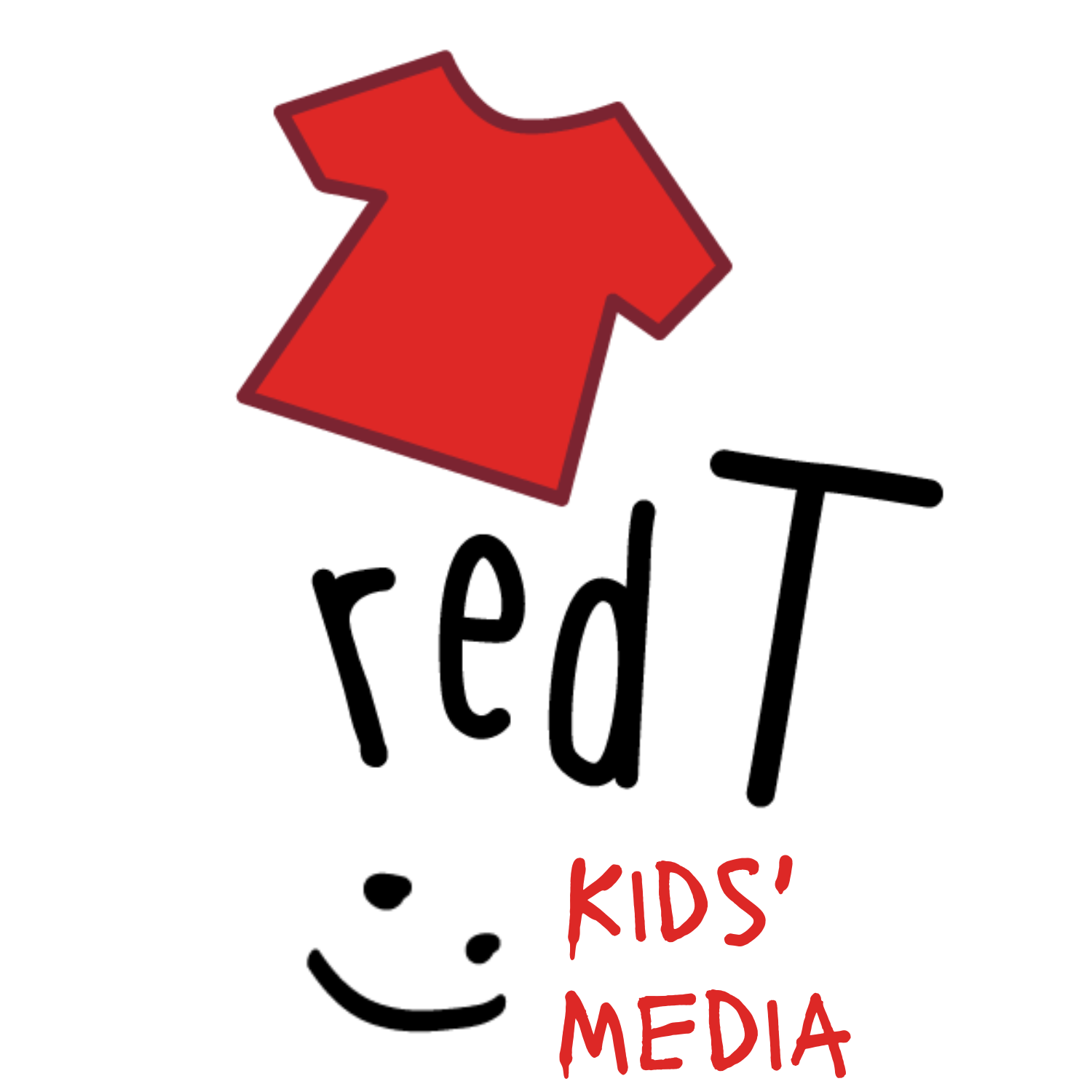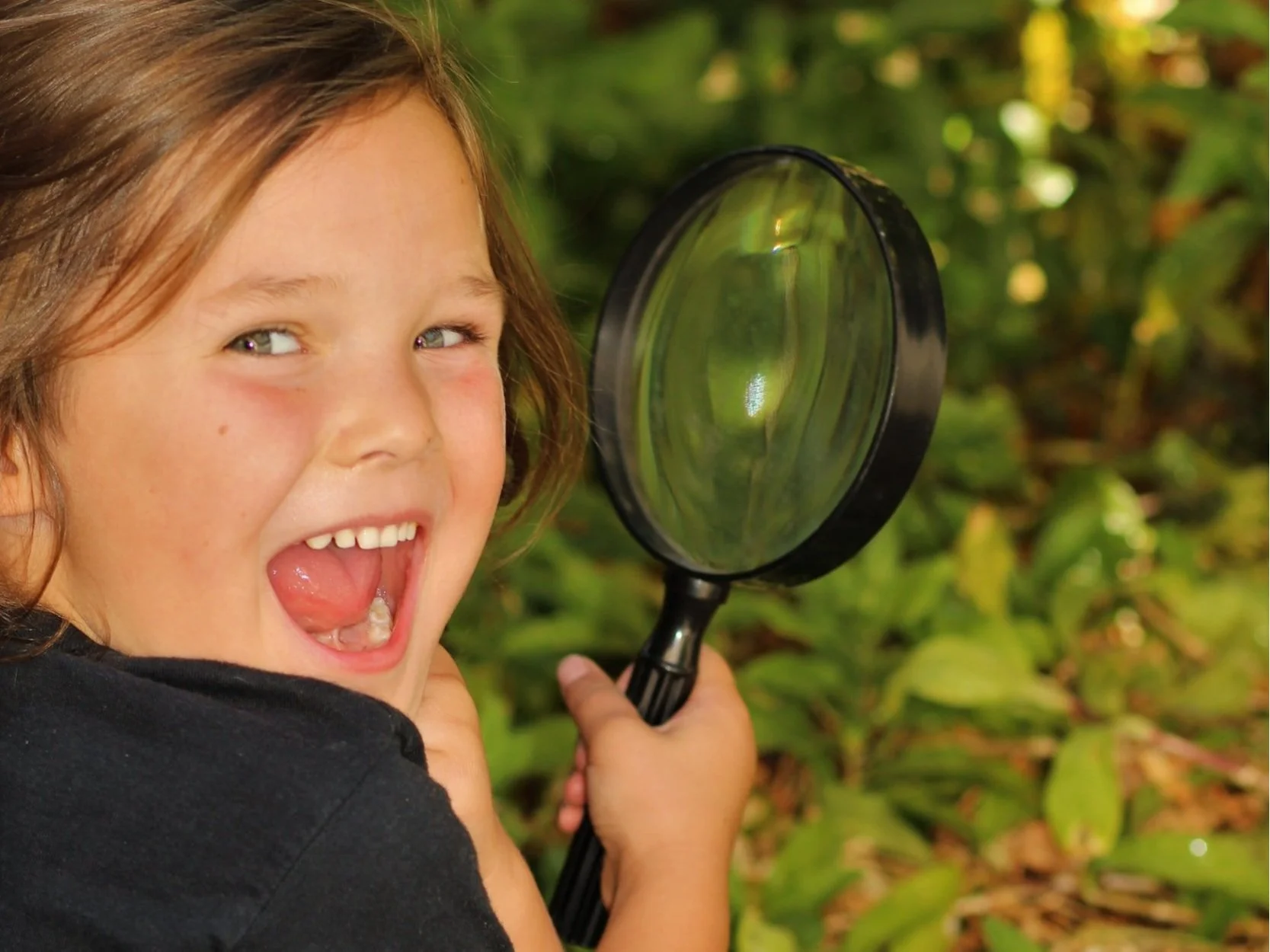Why It’s Important To Introduce Your Kid To Famous Thinkers From History
Historically speaking, philosophy is just jam-packed with amazing thinkers with fascinating ideas (and fascinating lives). It would be such a shame for little thinkers to miss out on this veritable banquet of thinking just because we assume they’re too little.
Big Questions For Little Leaders
Perhaps your little thinker has shown leadership potential (and we don’t mean just the average bossiness). Perhaps they haven’t, but you still want them to understand the concept, so they can choose their leaders more effectively. Leadership is an important subject for any child, for a number of reasons, and one that’s actually fun to discuss.
Philosophy Gives Literacy A Boost
There is no greater source of interesting and captivating ideas than philosophy. Even small children have strong opinions about philosophical issues, as well as a drive to be heard, and an interest in hearing new and novel viewpoints.
Back to School, Back To Thinking
With the new school year approaching (or already started, in some cases), it’s time to double down and really get your kids back into thinking shape. Even if it was a summer of sleeping in, video games, and blockbuster movies, there are still ways to hit the ground running once your child is back in the classroom.
Big Questions For Summer Road Trips
Got a summer road trip planned this month? Are you packed and ready to go? Are you ready to hear the words “Are we there yet?” Your destination is going to be a lot of fun, but sometimes it’s not as much fun to get there. Why not pass the time with a couple of games to keep your kid’s minds buzzing?
The Truth About The Truth
Little thinkers are curious beyond measure, but don’t necessarily have the filters in place to separate the good from the bad. Let’s face it, a lot of us big people are still learning how to navigate the information age ourselves.
Go Ahead, Argue With Your Child.
Admittedly, the idea of teaching a child to argue seems strange. Along with eating, moving, and occasionally napping, disagreeing appears to be second nature to a small person. Something we don’t always think about as big people is the fact that an argument, at least a good one, is much more than just disagreement or opposition. It’s a way to rationally present a point of view, and more importantly, back it up with solid reasons. It’s a way to communicate and test ideas objectively. If this sounds like something that’s beyond a child’s capabilities, reconsider.
Some Big Questions About Beauty
Talking about art and beauty with your little thinker will not only help them to develop skills in critical thinking and communication, but it will remind both of you that even in weird, tough times, there are still beautiful things to see, make and appreciate. That’s a boost we could all use right now.
Another Important Reason to Read To/With/Near Your Kids
Reading with your kids not only helps them grow into better readers, but also into better thinkers. Diving into a good book helps to make children aware of other perspectives and possibilities, and it also opens the door for discussion of big questions and complex issues.
Talk To Your Kids About Life Online: 5 Big Questions To Get You Started
Setting rules for use, including when, where, what and for how long is both appropriate and necessary, but is it enough to help digital natives really understand the virtual aspects of their lives?
What is an argument, anyway?
Philosophy is all about presenting an argument, but a specific type of argument. It’s not about the angry, shouty kind of argument, but rather about the kind where you present an idea, give reasons to back it up, and prepare to look for other ideas that may mean you need to re-valuate it.
Big (Huge) Question: What Makes A Country?
Children of all ages have big ideas about this, and starting up a conversation can not only help them understand their place in their country, but also how people come together and stay together.
Do You Have To Be A Philosopher To Do Philosophy?
Embracing your own inner philosopher, and encouraging your child to grow as a thinker, is likely to be a fun experience that will build a bond of trust between you.
Big Questions To Take Outside!
With warmer weather comes more opportunities to get outside and one step closer to nature. It also throws things wide open for all kinds of marvelous, thinky adventures with big questions about nature and our relationship to it! Yup, you can play with critters, catch some rays, go for a dip, and get muddy, and develop amazing thinking skills, all at once!
It’s Officially Summer…Let The Thinking Begin!
There are ways to keep a little thinker busy over the summer, and many of them also present opportunities to fill in any linger learning gaps, and even get ahead of the game for September.
But What If I’m Wrong?
Taking risks, being critical of ideas (even your own), and being willing to back up and try again, are all part of learning, for thinkers big and small. Don’t let the thought of getting it wrong keep you from taking on big questions with your kid!
Summer Sports and Fairness
One of the best parts about fun sports activities like these is that they give us an amazing opportunity to talk with little thinkers about fairness in games and sports. Since your kids’s mind is engaged in the game, it’s also poised to help grow!
Is It Really Just About The Questions?
In philosophy (even kids’ philosophy), big questions don’t generally have only one answer, but that doesn’t mean that anything goes. There are rules and guidelines for working through a big question, and even young kids need to learn them.
5 Reasons to Think About Art With Your Kids
Okay, so they don’t play well in fancy museums, and they’re more interested in using art books to build forts than they are in reading them. They love to colour outside the lines, and they include new ways to mess up their room in their definition of creativity. Don’t be fooled, though! There are rich, captivating discussions to be had with your children about art, and diving in can yield a whole lot of benefits.
How Young Is Too Young For Philosophy?
As far as we’re concerned, if your child has started asking philosophical questions out loud, then it isn’t too early to start a conversation about them. Basically, when the “why” comes out, it’s time.





















